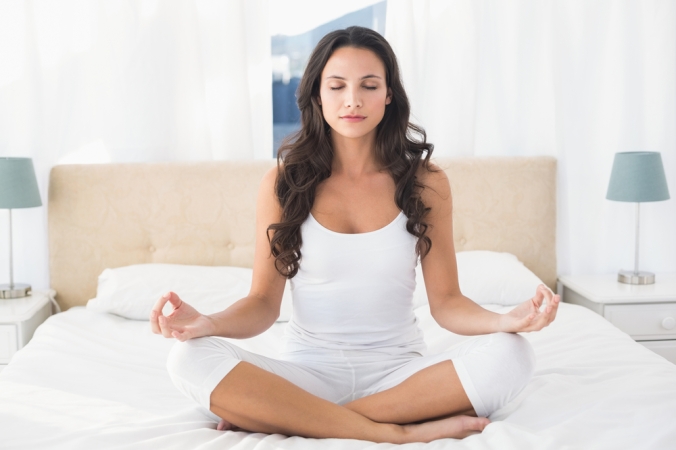
Getting sufficient and the right type of sleep is a problem for a large number of us. Even if you wouldn’t describe yourself as an insomniac, there may still be nights when you toss and turn and wake up feeling unrefreshed. Thank goodness, therefore, for the mineral, magnesium. It has turned many peoples’ sleep nightmares into sweet dreams!
Clinical Nutritionist Suzie Sawyer shares the reasons why magnesium is a great sleep remedy.

The wonders of magnesium
Magnesium is second to potassium in terms of its concentration in our cells, which means it’s pretty important! Around 60% of magnesium is found in bones, 26% in muscle and the remainder in soft tissue and body fluids. It’s especially rich in those organs that are very active, especially the brain and heart.

However, magnesium is an extremely busy mineral, being used in around 300 different enzyme reactions, which means not much goes on in the body without magnesium being involved in some way. Importantly, though, magnesium is needed to produce our brain neurotransmitters and hormones, hence its ability to help with sleep.
Another one of magnesium’s many jobs is its ability to control nerve transmission and function. It also helps to calm what are known as ‘excitatory’ nerve transmissions, meaning those that ‘rev’ us up. Clearly, that’s not what’s needed when we’re trying to sleep!
Magnesium and relaxation
Whilst we’re still learning exactly why magnesium is so beneficial for sleep, one thing we do know is that it is needed for muscle relaxation. If you suffer from restless leg syndrome which keeps you awake at night then Magnesium can provide helpful relief, therefore enabling better sleep.

Since such a large percentage of magnesium is found in our muscles, it makes sense that its positive effects are going to be felt within the muscles too. Magnesium is known as a natural ‘tranquiliser’ because of this unique ability to enable relaxation throughout the body.
The mineral calcium is also a muscle relaxant: as magnesium helps regulate proper calcium metabolism, this is another reason it’s going to help with sleep.
Different forms of magnesium
There are several different forms of magnesium and they all do slightly different jobs. However, the glycinate form helps support the nervous system, so is the most widely used form for sleep.
Interestingly, and slightly confusingly, magnesium is also needed for energy production, because of how it works within the energy-producing cycle known as the Krebs cycle. Again, different forms have different jobs. Whilst it’s needed for chemical reactions to take place, magnesium is not going to give you a sudden boost of energy, which is good thing when trying to sleep: it’s more about making sure everything is working well within the body’s complex biochemical network and that everything is in balance.
Where to find magnesium
Magnesium is known to be deficient in the typical western diet, because it’s found in whole foods rather than processed ones. Elderly people and ladies suffering from pre-menstrual syndrome (PMS) are known to have too little magnesium in the diet.
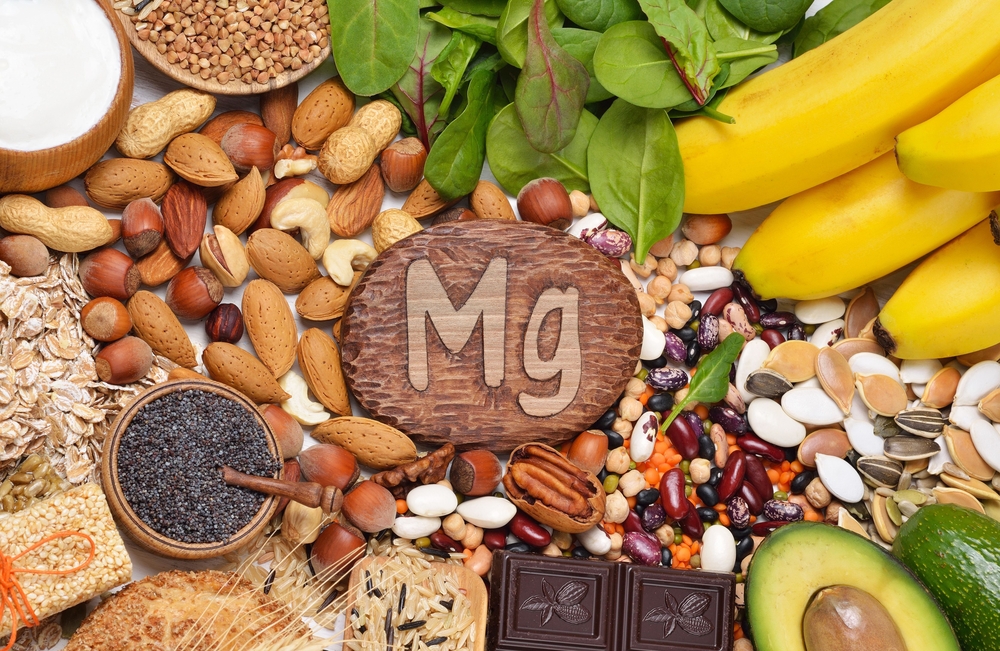
Magnesium can be found in whole foods such as brown bread, nuts and seeds, beans lentils, avocado, green leafy vegetables, brown rice, chicken, milk, and cheese. Just reducing the number of pre-packaged foods in the diet and focusing on whole foods will really improve your intake of magnesium.
Consider supplementation
Whilst you might be eating plenty of magnesium in the diet, you may still be struggling to sleep. Unfortunately, magnesium is used up by the body in greater amounts when we’re stressed. In addition, some of our foods contain less than they used to because the soil in which they are grown is depleted in nutrients generally.
If you’re having problems sleeping, then the best advice is to take magnesium glycinate as a supplement about one hour before bedtime.
Magnificent magnesium really could be answer to getting a good night’s sleep.
FOR MORE GREAT NUTRITION AND LIFESTYLE ADVICE:
Sign up to receive our blog and get a weekly dose of the latest nutrition, health and wellness advice direct to your inbox.
For everything you need to know about vitamins, minerals and herbs visit our sister site Vitamin Expert – your essential guide to nutrition and natural health.
Follow us on Instagram @feelaliveuk for nutrition, lifestyle and well-being tips.
Visit us at www.feelaliveuk.com for the latest offers and exclusive Alive! content.
Follow and Chat with Suzie on Twitter @nutritionsuzie
All images: Shutterstock
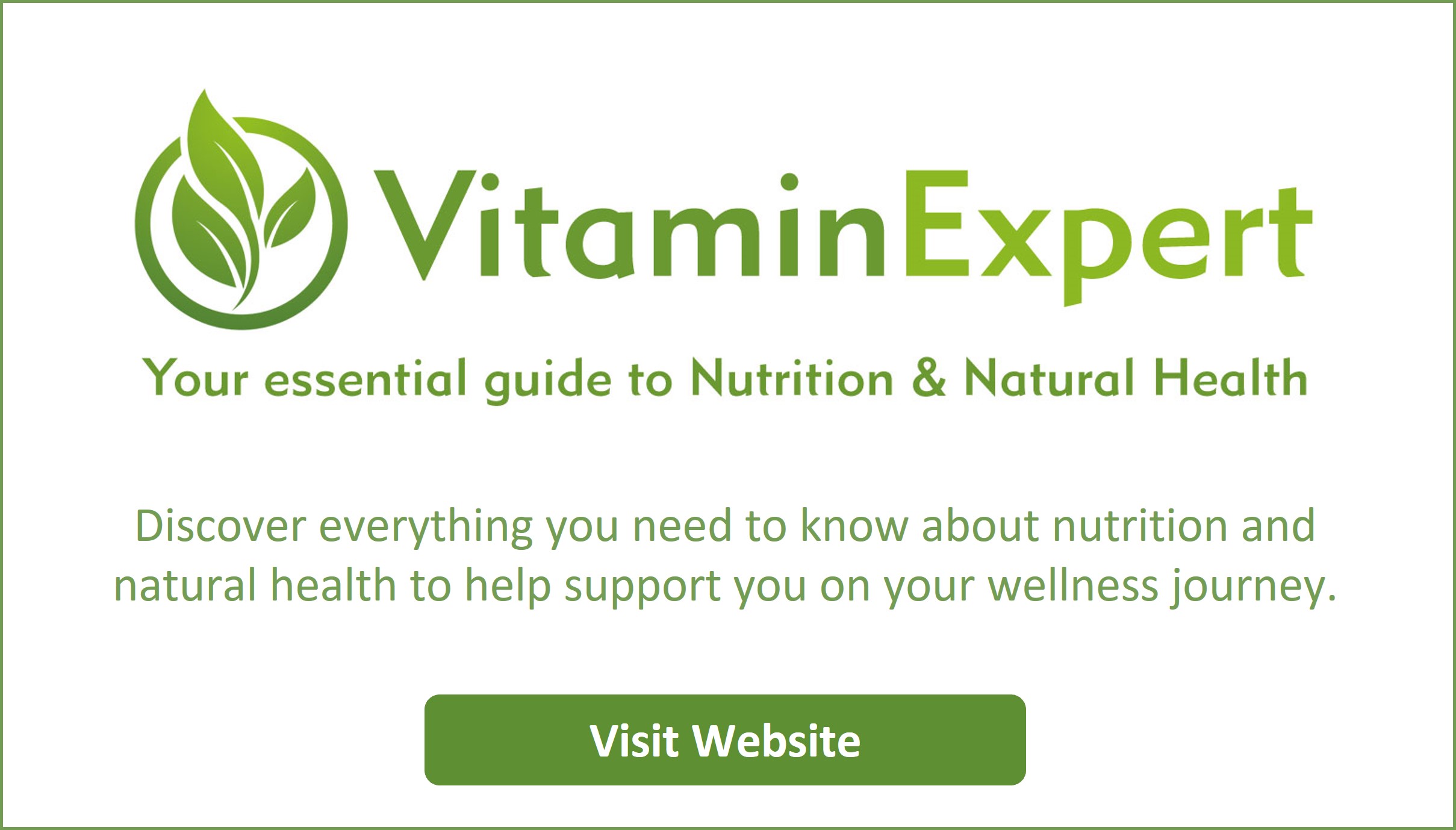


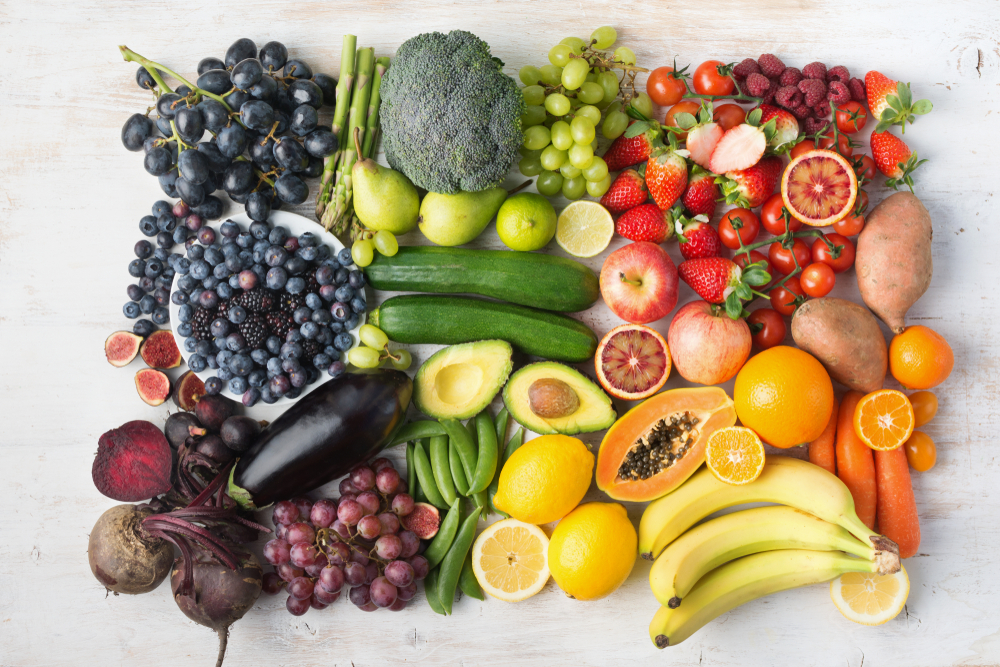
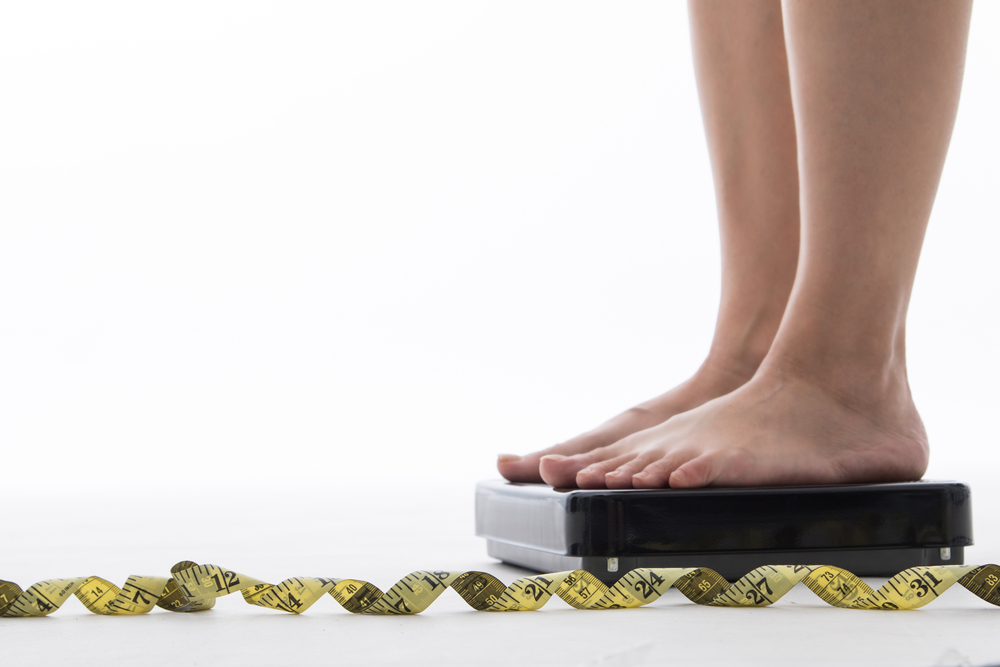











 However, it’s also important to have foods throughout the day that keep blood sugar levels in balance. When blood sugar is out of whack then it can trigger the release of cortisol. This is our stress hormone, which can create more anxiety, restlessness, and irritability, none of which are conducive to a good night’s sleep!
However, it’s also important to have foods throughout the day that keep blood sugar levels in balance. When blood sugar is out of whack then it can trigger the release of cortisol. This is our stress hormone, which can create more anxiety, restlessness, and irritability, none of which are conducive to a good night’s sleep!  So, think about having an oat-based breakfast, such as overnight oats which is quick and easy to prepare the night before. Go for a salmon or tuna salad for lunch and grilled chicken breast with veggies for dinner. If you’re vegan, soy is also a good source of tryptophan, so a tofu stir fry would be a great option.
So, think about having an oat-based breakfast, such as overnight oats which is quick and easy to prepare the night before. Go for a salmon or tuna salad for lunch and grilled chicken breast with veggies for dinner. If you’re vegan, soy is also a good source of tryptophan, so a tofu stir fry would be a great option. Turn off and don’t look at electronic devices at least two hours before bedtime. Decide what works for you in terms of having a warm bath with some lavender oil, reading a book, meditating or other relaxation techniques. The important point is to stick to a routine and try to keep regular bed and waking times too. And whilst alcohol might seem like a sedative, it is known to disrupt sleep patterns and is often the cause of early morning waking.
Turn off and don’t look at electronic devices at least two hours before bedtime. Decide what works for you in terms of having a warm bath with some lavender oil, reading a book, meditating or other relaxation techniques. The important point is to stick to a routine and try to keep regular bed and waking times too. And whilst alcohol might seem like a sedative, it is known to disrupt sleep patterns and is often the cause of early morning waking.
 Vitamin B12 is also required for brain function, therefore it’s important to ensure intake is optimal, especially if you want a sharper brain as well as more fuel in the tank.
Vitamin B12 is also required for brain function, therefore it’s important to ensure intake is optimal, especially if you want a sharper brain as well as more fuel in the tank. The best food sources are liver, meat, oysters, sardines, Swiss and cheddar cheese. A warming macaroni cheese might just hit the spot when it’s cold and grey outside. Interestingly, some B12 can be produced in the gut, but this varies from individual, so a supplement is often a good idea especially if you follow a vegan diet.
The best food sources are liver, meat, oysters, sardines, Swiss and cheddar cheese. A warming macaroni cheese might just hit the spot when it’s cold and grey outside. Interestingly, some B12 can be produced in the gut, but this varies from individual, so a supplement is often a good idea especially if you follow a vegan diet. Although CoQ10 is found in every plant and animal cell, dietary sources can sometimes be limited, but it seems that vegetarians tend to preserve it better within the body. However, best food sources are liver, fatty fish, meat, soybeans, and vegetables, especially broccoli, so a varied diet is certainly going to help. A bean casserole with loads of vegetables added would be a great meal choice for this time of year and won’t break the budget either.
Although CoQ10 is found in every plant and animal cell, dietary sources can sometimes be limited, but it seems that vegetarians tend to preserve it better within the body. However, best food sources are liver, fatty fish, meat, soybeans, and vegetables, especially broccoli, so a varied diet is certainly going to help. A bean casserole with loads of vegetables added would be a great meal choice for this time of year and won’t break the budget either. Production of CoQ10 in the body does diminish as we get older, plus certain medications, especially statin drugs cause its depletion, hence supplementation is often needed.
Production of CoQ10 in the body does diminish as we get older, plus certain medications, especially statin drugs cause its depletion, hence supplementation is often needed.

 It’s worth packing some effervescent vitamin C tablets and start taking them at the first sign of coughs and sneezes, repeating every few hours. The sooner you start taking it, the more effective it will be. Some people find their bowels become looser when using it which is perfectly normal. Vitamin C is quickly excreted from the body which is why it’s best to take it regularly throughout the day.
It’s worth packing some effervescent vitamin C tablets and start taking them at the first sign of coughs and sneezes, repeating every few hours. The sooner you start taking it, the more effective it will be. Some people find their bowels become looser when using it which is perfectly normal. Vitamin C is quickly excreted from the body which is why it’s best to take it regularly throughout the day.




















